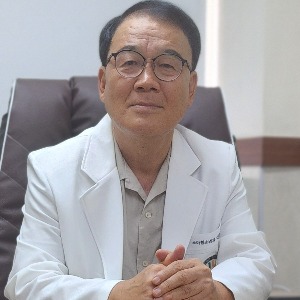Physical Therapy Assistants
Physical Therapy Assistants work under the supervision of licensed physical therapists to help patients recover movement and manage pain following injury, surgery, or illness. They play a hands-on role in implementing treatment plans designed to improve mobility, strength, balance, and overall function. These professionals guide patients through exercises, therapeutic activities, and the use of equipment while monitoring their performance and progress. By providing encouragement and ensuring exercises are performed safely and correctly, they help patients build confidence and stay motivated throughout the rehabilitation process.
In addition to direct patient care, Physical Therapy Assistants document treatment outcomes, communicate observations to supervising therapists, and assist in adjusting care plans as needed. They also educate patients and caregivers on techniques to continue rehabilitation at home, promoting sustained improvement and preventing further injury. Their role is vital in ensuring continuity and consistency in therapy sessions, contributing to faster and more effective recovery. Whether working in hospitals, outpatient clinics, or home health settings, they bridge the gap between medical guidance and practical application. Their compassionate support and clinical skills make them key contributors to restoring function, fostering independence, and enhancing the overall quality of life for patients. They are an essential part of the care team, ensuring that every therapy session moves patients closer to their recovery goals.

Jay Spector
American Academy of Podiatric Sports Medicine (AAPSM), United States
Marcia J Scherer
Institute for Matching Person and Technology, United States
Marcos Brioschi
American Academy of Thermology, United States
Ady M Correa
University of Miami, United States
Blair Gorenberg
Shirley Ryan Abilitylab, United States
Roberta Sartori
IRCCS Materno-Infanitle Burlo Garofolo, Italy




Title : Best practice guidelines for the use of pharmacological neuromodulation in disorders of diminished motivation: A comprehensive approach
Vaidya Balasubramaniam, Illawarra and Shoalhaven Local Health District Hospitals, Australia
Title : A forgotten component of knee osteoarthritis
Ron Blehm, EEI Physio LLC, United States
Title : Functional outcomes of DSSA-Based pelvic rehabilitation combined with manual therapy and electrostimulation in men after oncologic surgery: A retrospective case series
Eren Uyar, Fizyomen Physiotherapy & Rehabilitation Center, Turkey
Title : We are living and working in the age of individualization
Marcia J Scherer, Institute for Matching Person and Technology, United States
Title : Efficacy of Inspiratory Muscle Training (IMT) in post-weaning ICU recovery: A clinical randomized controlled trial
Warda Khan, Chongqing Medical University, Pakistan
Title :
Subramanya Adiga, Middlemore Hospital, New Zealand